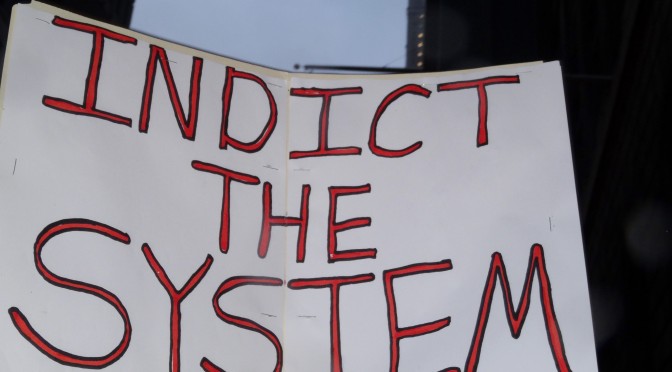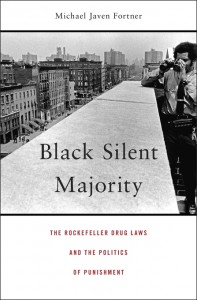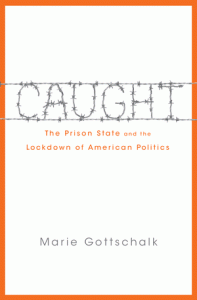How do we understand the future of labor? Will it be one of total automation and increasingly precarious workers? Perhaps if Uber has anything to say about it. SLU’s Kafui Attoh has co-authored an article with Declan Cullen and Kathryn Wells in Dissent that tackles some of these thorny questions called “Taking Back the Wheel.” Here’s an excerpt:
Uber argues that its biggest boon to “driver partners” is to present them with independence, flexibility, and more-than-competitive compensation. In this argument the on-demand economy ushers in a bright new future and an ostensibly new labor category: the flexible worker. In a twist on Marx’s utopian dream, such a worker can, Frank Pasquale pithily comments, “knit Etsy scarves in the morning, drive Uber cars in the afternoon, and write Facebook comments at night, flexibly shifting between jobs and leisure at will.”
Of course, the neoliberal utopia of a sharing economy operated by highly contingent workers has been shaken by a multitude of analyses telling a markedly different story. These studies, including ours, emphasize precarity, surveillance, control, low earnings, and insecure conditions. If the Uber model is the future of work, they tell us, that future looks bleak.
Behind all these debates lurks a deeper premise: that the future of work is actually no work at all.
But according to Attoh and his co-authors, that future isn’t inevitable:
We should resist this logic of inevitability and see platform capitalism for what it is: a means to mobilize a reserve labor army, overcome barriers to accumulation, and fight declining rates of profit. We are not yet on the road to Uberworld. There’s still time for us to wrest back control, not just of the future, but also of the present.
How might we do that? Read the article here for an accounting of the stakes and possibilities — and learn why Uber is less in control of the future than we might be made to think.






